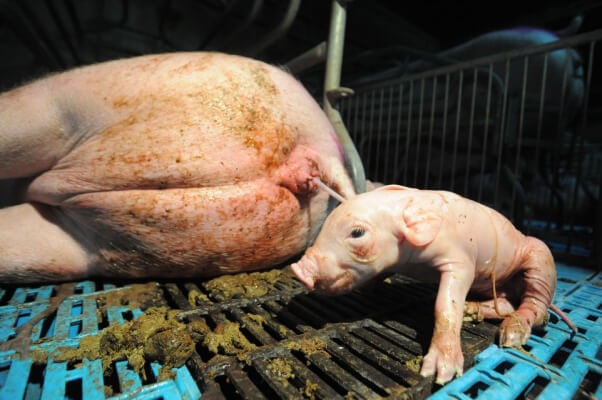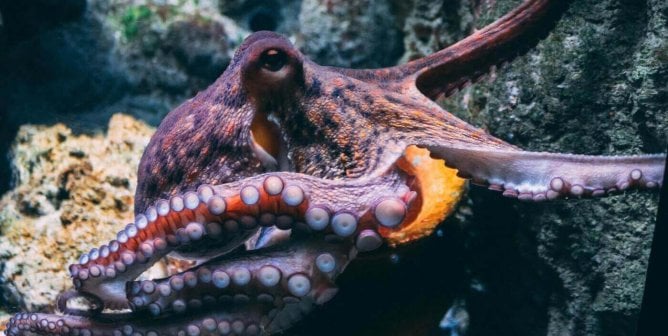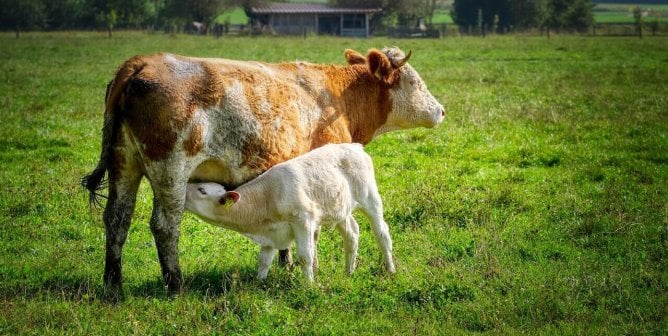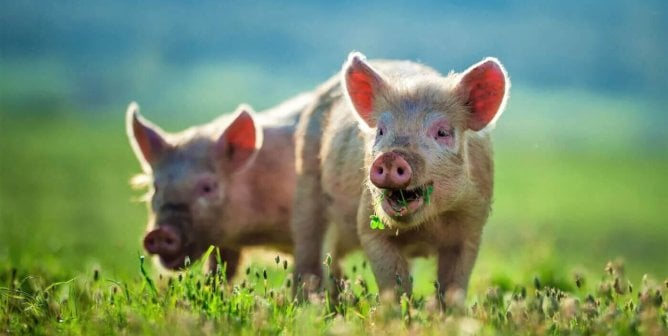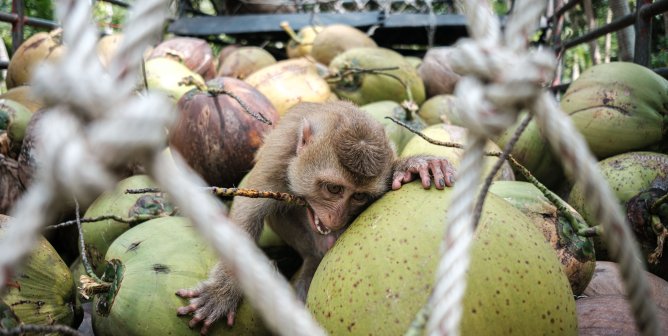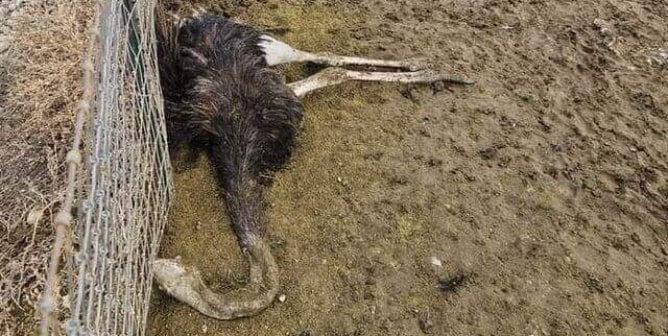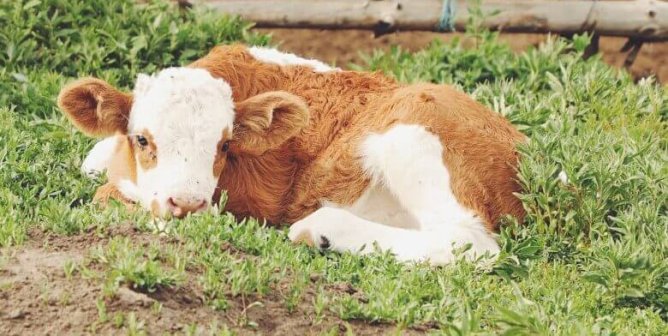Factory Farming: Misery for Animals
In the U.S. today, 99% of animals used for food live on massive industrial “factory farms,” where they’re crammed by the thousands into wire cages, metal crates, or other extremely restrictive enclosures inside filthy, windowless sheds. These animals will never raise their families, root around in the soil, build nests, or do anything that is natural and important to them. Most won’t even feel the warmth of the sun on their backs or breathe fresh air until the day they’re loaded onto trucks headed for slaughterhouses.
The factory farming industry strives to maximize output while minimizing costs—always at the animals’ expense. The giant corporations that run most factory farms have found that they can make more money by squeezing as many animals as possible into tiny spaces, even though many of the animals die from disease or infection.
Animals on factory farms endure constant fear and torment:
- They’re often given so little space that they can’t even turn around or lie down comfortably. Egg-laying hens are kept in small cages, chickens and pigs are kept in jam-packed sheds, and cows are kept on crowded, filthy feedlots.
- Antibiotics are used to make animals grow faster and to keep them alive in the unsanitary conditions. Research shows that factory farms’ widespread use of antibiotics can lead to antibiotic-resistant bacteria that threaten human health.
- Most factory-farmed animals have been genetically manipulated to grow larger or to produce more milk or eggs than they naturally would. Some chickens grow so unnaturally large that their legs cannot support their outsized bodies, and they suffer from starvation or dehydration when they can’t walk to reach food and water.
When they’ve grown large enough to slaughter or their bodies have been worn out from producing milk or eggs, animals raised for food are crowded onto trucks and transported for miles through all weather extremes, typically without food or water. At the slaughterhouse, those who survived the transport will have their throats slit, often while they’re still conscious. Many remain conscious when they’re plunged into the scalding-hot water of the defeathering or hair-removal tanks or while their bodies are being skinned or hacked apart.
You can help end this abuse. Order a copy of PETA’s free vegan starter kit for tips and recipes to help you go vegan today.

